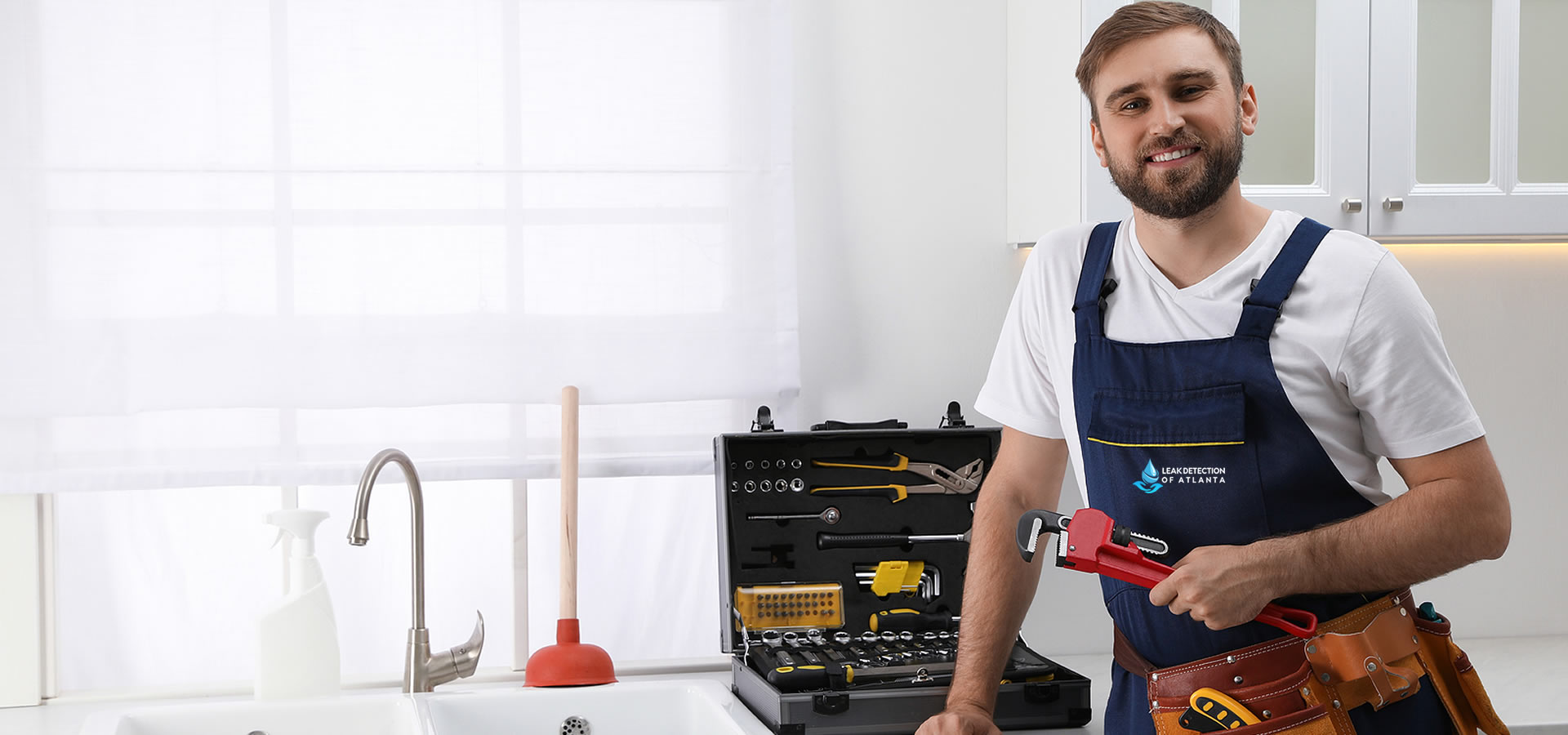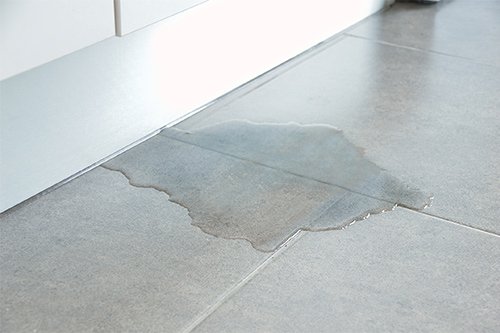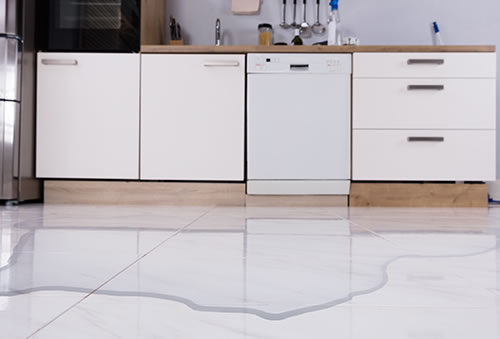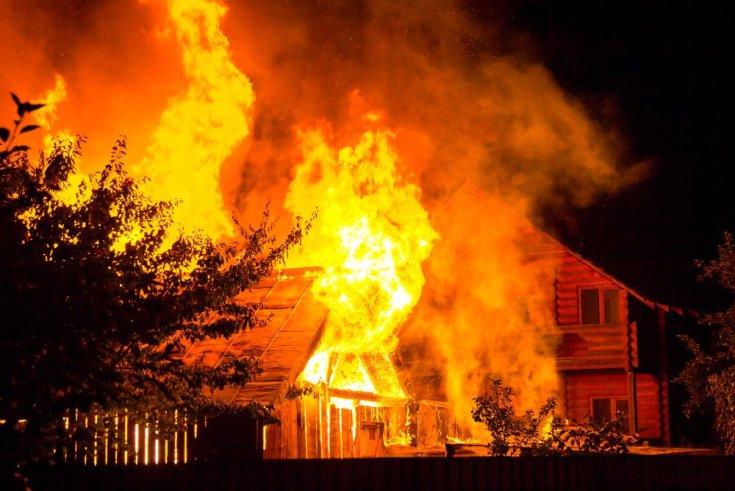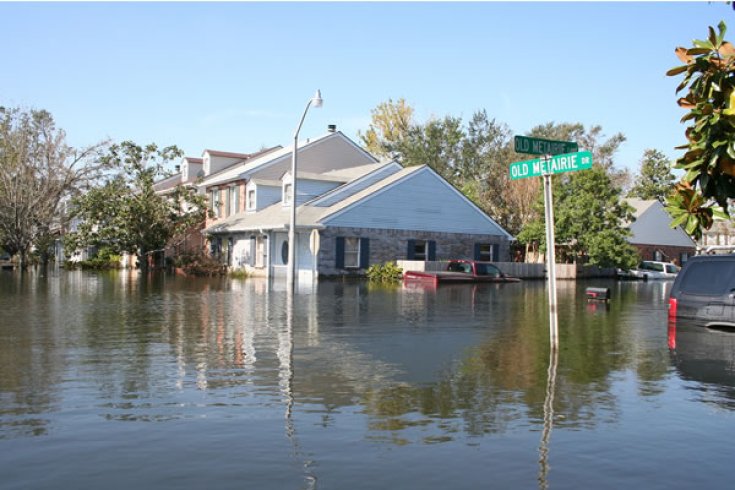Do You Have A Water Leak Under Your Concrete Slab?
So, where should you call? Who do you trust? You want a job done right so you can save money on your water bill and stop the annoyance of having to mop up all the extra water. There's no way these leaks can be good for your foundation. Don't forget what happens if there's a lot of water leaking and the slab looks weak in some areas. A homeowner needs to know immediately about possible foundation issues because sometimes repairs are not cheap. Contact Lead Detection of Atlanta experts as soon as you believe you need a water leak repair. The longer you wait, the greater the possibility of costly damage.
Water leaks under your concrete slab can be the most frustrating and expensive home repair projects. If you leak your concrete foundation, it could be due to different factors.
What Causes a Slab Leak?
There are many reasons why water may be leaking through your concrete slab. Below we have outlined some of the most common reasons and their solutions.
Expansive Soils
The most common cause of concrete slab leaks is expansive soil movement beneath the slab. Expansive soils have a high clay content and are prone to swelling when wet. This swelling can cause cracks in foundations and walls, leading to leaks in plumbing systems. To fix this problem, install an expansion joint between the foundation wall and the concrete slab. This will allow for movement without causing any damage to your home or foundation.
Excessive Pressure
Excessive pressure on your plumbing system from appliances such as dishwashers or washing machines can cause cracks in pipes that lead directly into your basement. These cracks can then cause water pressure fluctuations, leading to more stress on your plumbing system and causing further damage and possible leaks through your basement wall or flooring above it.
Inappropriate Pipe Materials
PVC pipes used for plumbing are not suited for use under concrete slabs because they cannot withstand repeated freezing and thawing cycles. When PVC pipe warms up during the summer months and begins to expand, it may become loose in its fittings under the slab where there is no room for expansion due to a lack of clearance between the underside of the slab and any nearby objects such as footings or beams supporting it. When temperatures drop again during the winter, this will cause the PVC pipe to contract, putting extreme pressure on these fittings, where they meet each other underneath the concrete slab, causing them to break apart and leak.
Water Chemistry
The pH level of your water plays a role in preventing or worsening slab leaks. If your pH levels are too high or low, it can cause corrosion on metal pipes which eventually leads to leaks inside your home.
Concrete Slab Leak Detection
How should you begin to search for a leak? Leak Detection of Atlanta can help with your leak detection needs, but you can search for some on your own if you’d like.
Cracks In Foundation
Cracks in a concrete foundation can be caused by shifting soil during construction or due to the age and wear-and-tear of the structure. These cracks allow water to seep into your home through the cracks and down into your basement, where it will then cause damage to your belongings and mold growth on surfaces throughout your home.
Bad Odor
This is usually caused by rotting wood inside walls or under floors. Still, it can also be caused by mold growing underneath floors or walls due to excessive moisture inside or under floors due to high humidity outside (for example).
Mold
Mold is a common result of water leaks under your slab. It can grow in as little as 48 hours and can be dangerous to your health. The best way to prevent mold from growing is to find and fix the leak as soon as possible.
High Water Bills
If your water bill is higher than usual, there may be a leak somewhere in your home. It's important to check your meter while you're at work or away from home to see if there is any significant difference between how much water you use during the day compared to how much is being used when you're not home.
Low Water Pressure
If your bathroom or kitchen sink has low water pressure, it could mean a leak somewhere near that fixture that needs repair. Look for any wetness on walls or ceilings near those fixtures before calling a plumber!
Sound of Running Water
The sound of running water usually accompanies a leak in your concrete slab. This noise is usually heard in the attic or crawlspace above the slab. Sometimes you'll hear it coming from under your home. In other cases, leaks can occur inside the walls or ceilings and not make a sound. Try listening for running water after heavy rain or if you've noticed any recent flooding on your property.
Flooding or Puddles On the Lawn
Concrete slabs are often exposed outside your home, where they can get wet from rainwater runoff. If too much water flows over your slab, it can cause cracks in the concrete that lead to leaky spots on the foundation walls or around pipes underneath the house. You may notice puddles on your lawn after heavy rains or small cracks in the cement around pipes leading into your home's foundation wall or garage floor.
Who To Call?
Look for the indicators above, and if you suspect a slab leak in your home, you need to have it inspected by a professional. If you think you have a slab leak, call Leak Detection of Atlanta, and we will come out and locate the leak for you. We can perform a water leak repair depending on the problem's complexity. We specialize in leak detection if you suspect a leak but can’t find the source.

